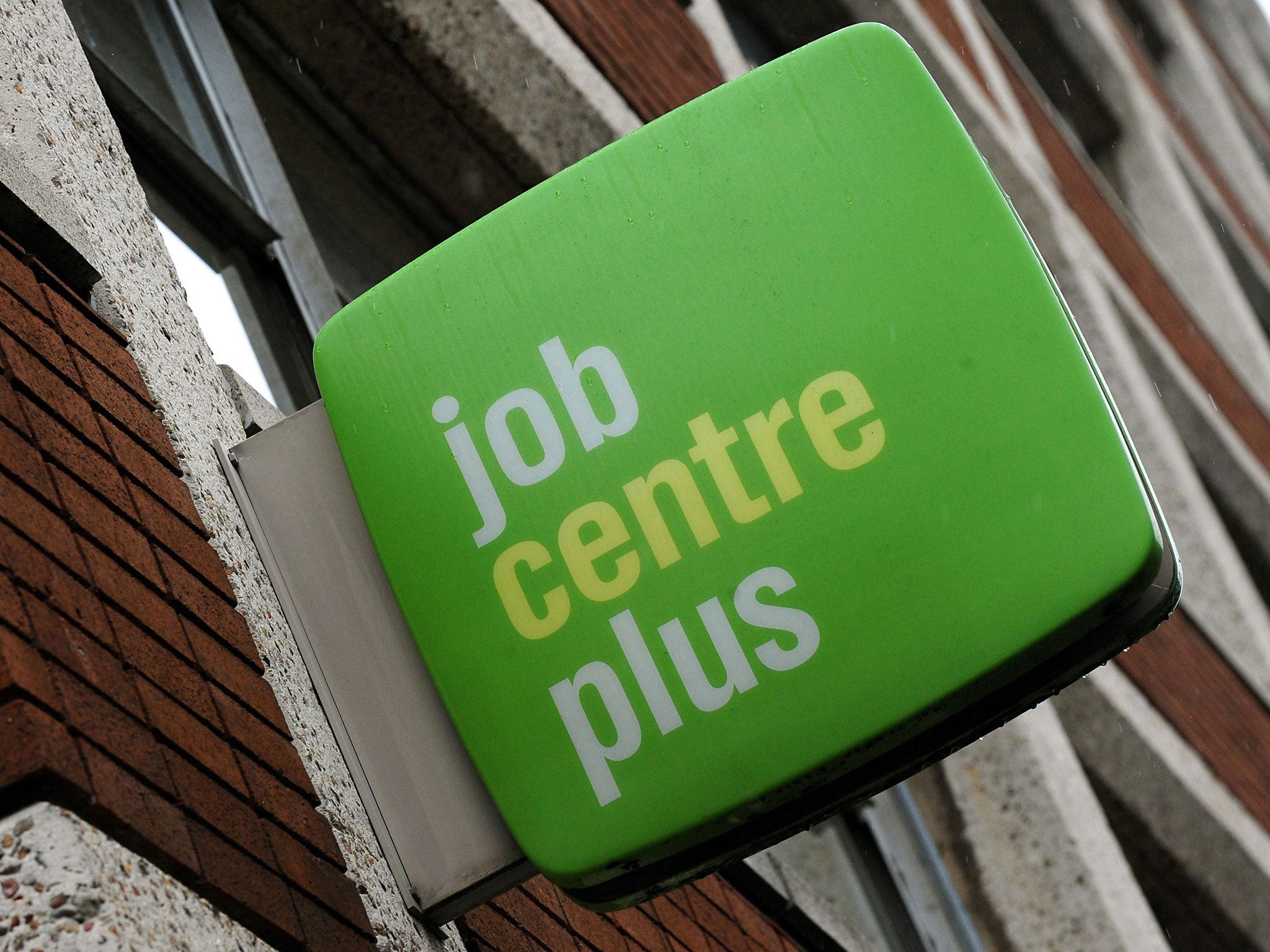Nearly 40% of graduates still hunting for jobs six months after leaving university

Nearly 40 per cent of graduates are looking for work six months after graduation, while a quarter are still unemployed after a year, according to new research.
Conducted by the graduate recruitment website Totaljobs.com, the survey also shows that almost half of all graduates wished they had steered clear of academic courses, opting for ‘something more vocational’ instead.
The figures come despite a fall in total unemployment to 7.1 per cent, reported by the Office of National Statistics late last month.
However, an ONS report published last year also showed that 47 per cent of graduates employed within six months were working in jobs that did not require a degree.
Mike Fetters, the director of Totaljobs.com, said: “Although a degree is an essential qualification for some industries, school leavers need to think more carefully about which route to employment is best for them as some may be more suited to an apprenticeship scheme.”
The survey also shows that a third of unemployed graduates send at least one job application per business day.
Additionally, the majority of graduates are willing to travel up to 35 miles for a job interview, with one in six prepared to travel over 100 miles to secure a job.
Fetters added: “Graduates need to prepare themselves for the fact that it may take them a few months longer than they thought to find the job they want. Though the job hunting process can be long, graduate jobs are incredibly rewarding.”
The data contradicts more optimistic forecasts for graduate employment, such as the Association of Graduate recruiters who predict a 10 per cent increase in Graduate vacancies during 2014- roughly amounting to around 230,000 jobs.
Despite the increase in vacancies - particularly in the technology sector, some graduate recruiters argue that students need to be more innovative with their applications, tailoring each one to the role they are applying for.
Tanya de Grunwald, the founder of careers website Graduate Fog said: "If someone tells me they've sent hundreds of applications and had no interviews, the best advice I can give is for them to stop. Take time to re-assess the job-hunting methods you're using.”
She added: “"For example, too many are still only applying for widely advertised roles. Remember - if you've seen it, so has everybody else. It's a much smarter idea to spend time tapping into the 'hidden' job market. Build your network, attend speaker events and apply speculatively to companies you've read about that are doing really well."
Join our commenting forum
Join thought-provoking conversations, follow other Independent readers and see their replies
Comments
Bookmark popover
Removed from bookmarks